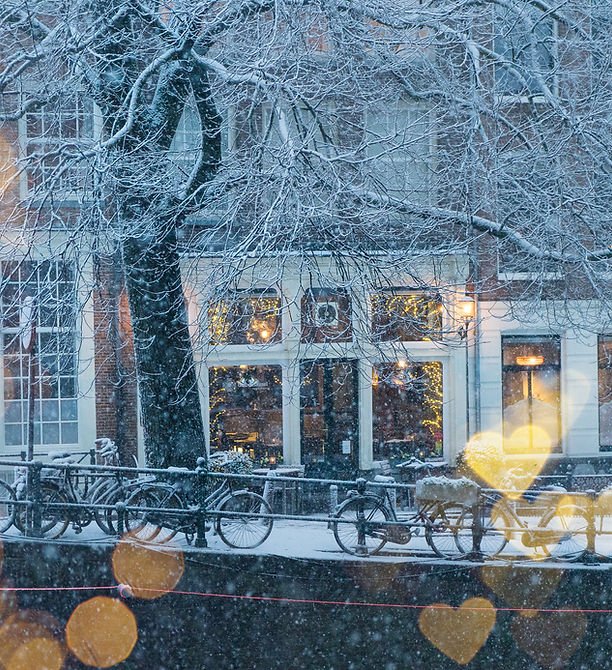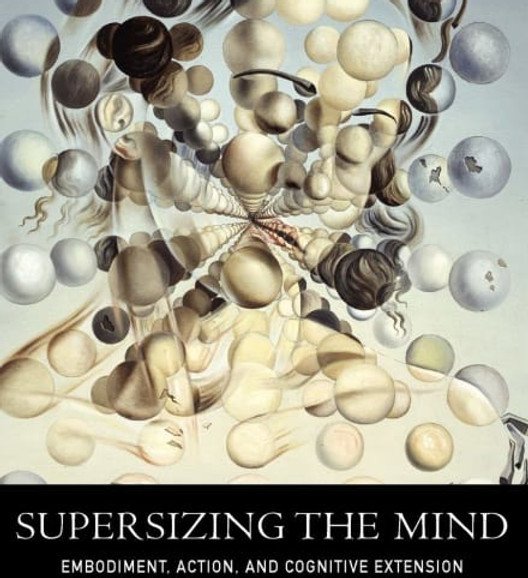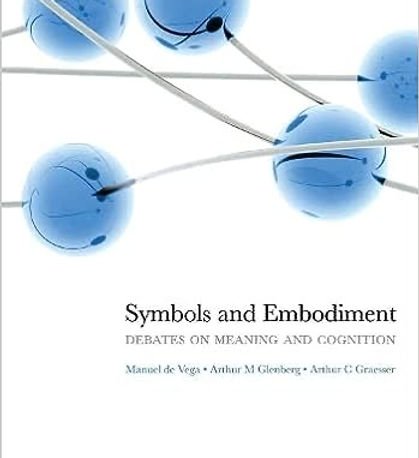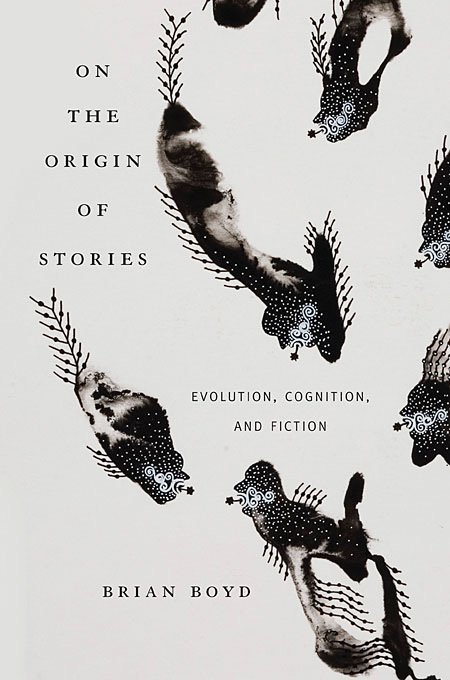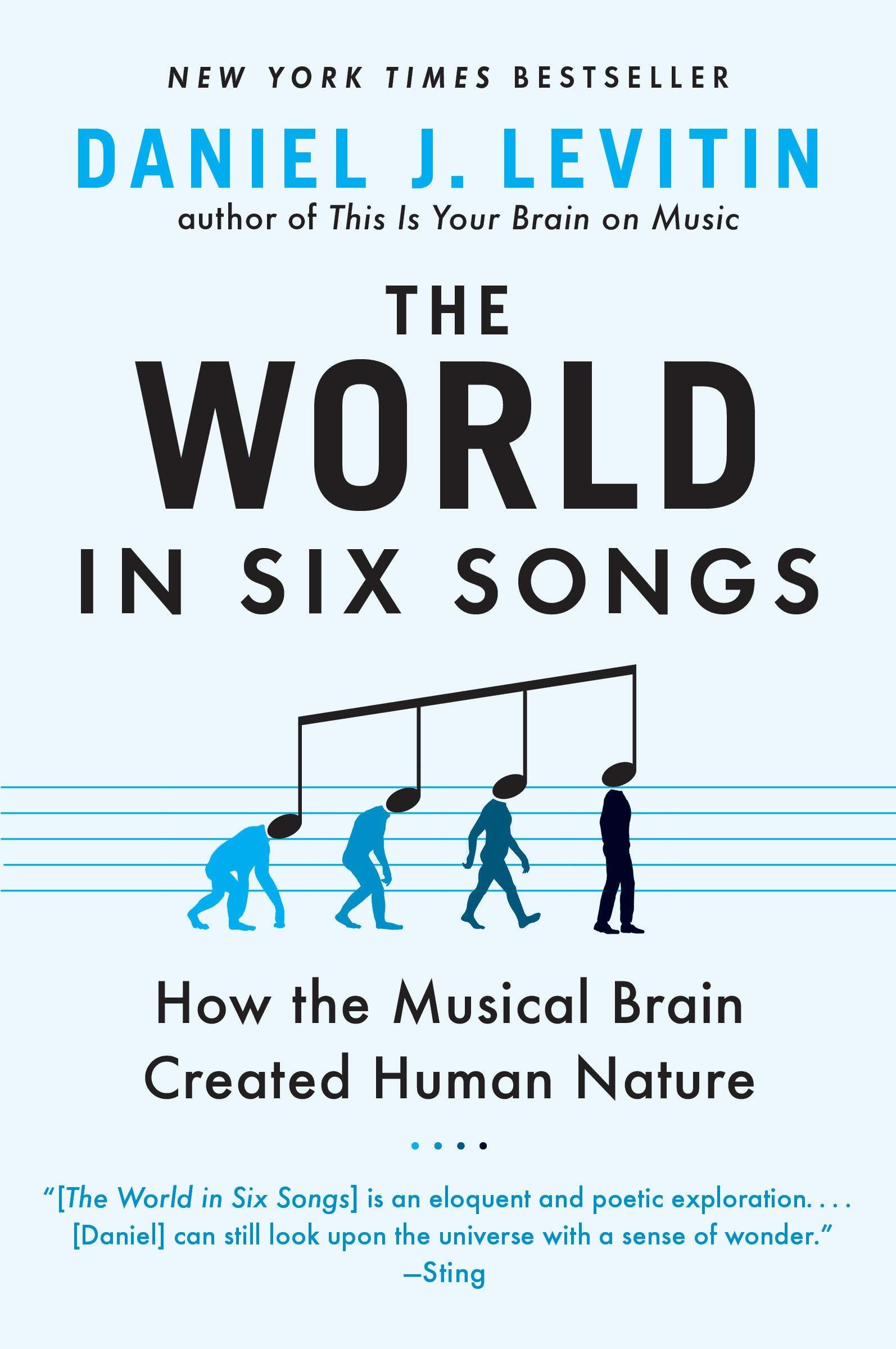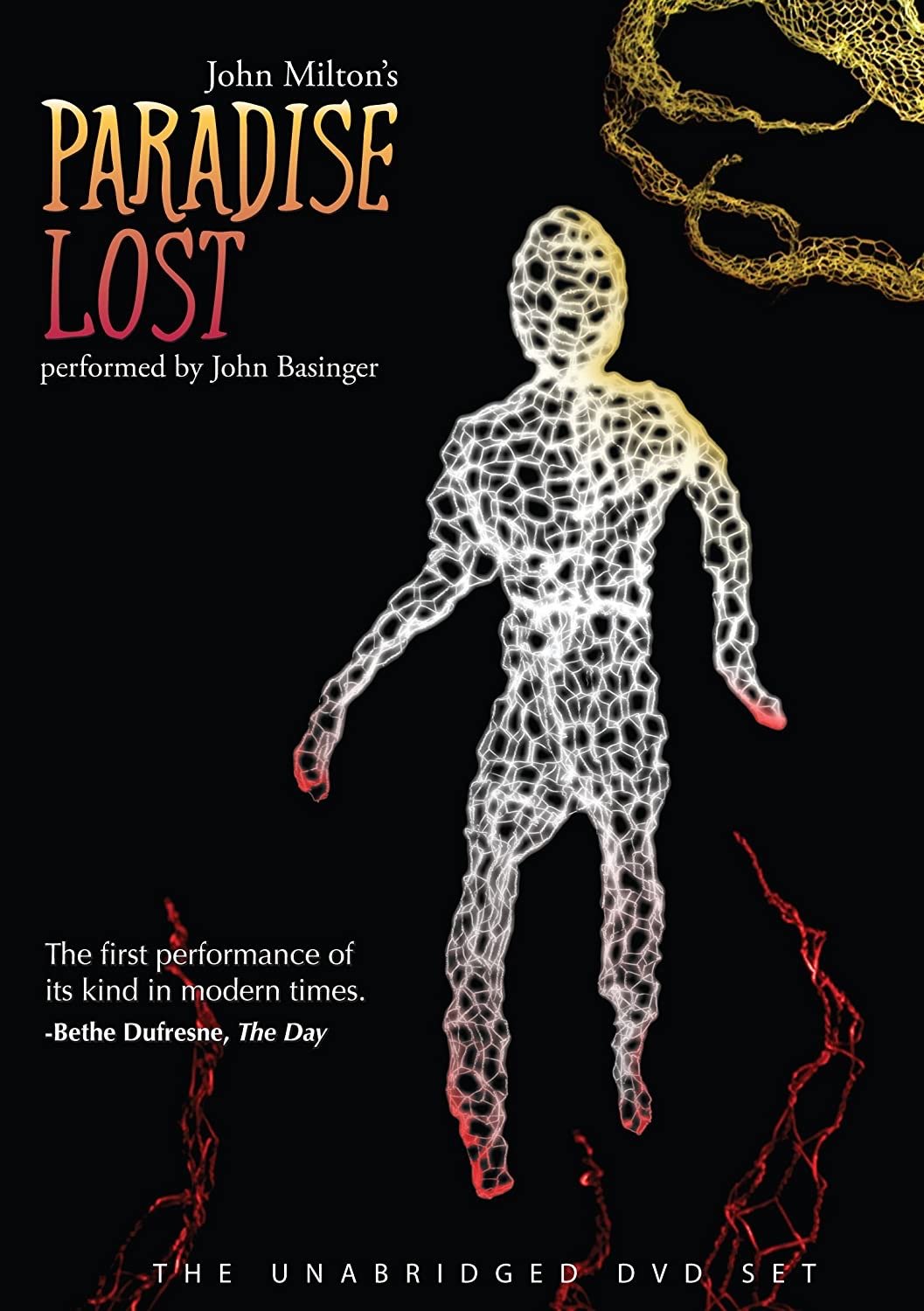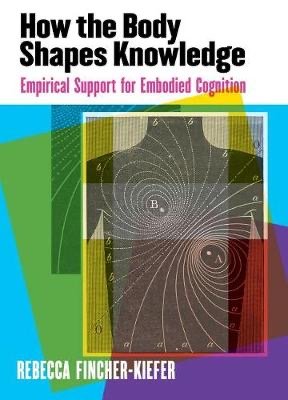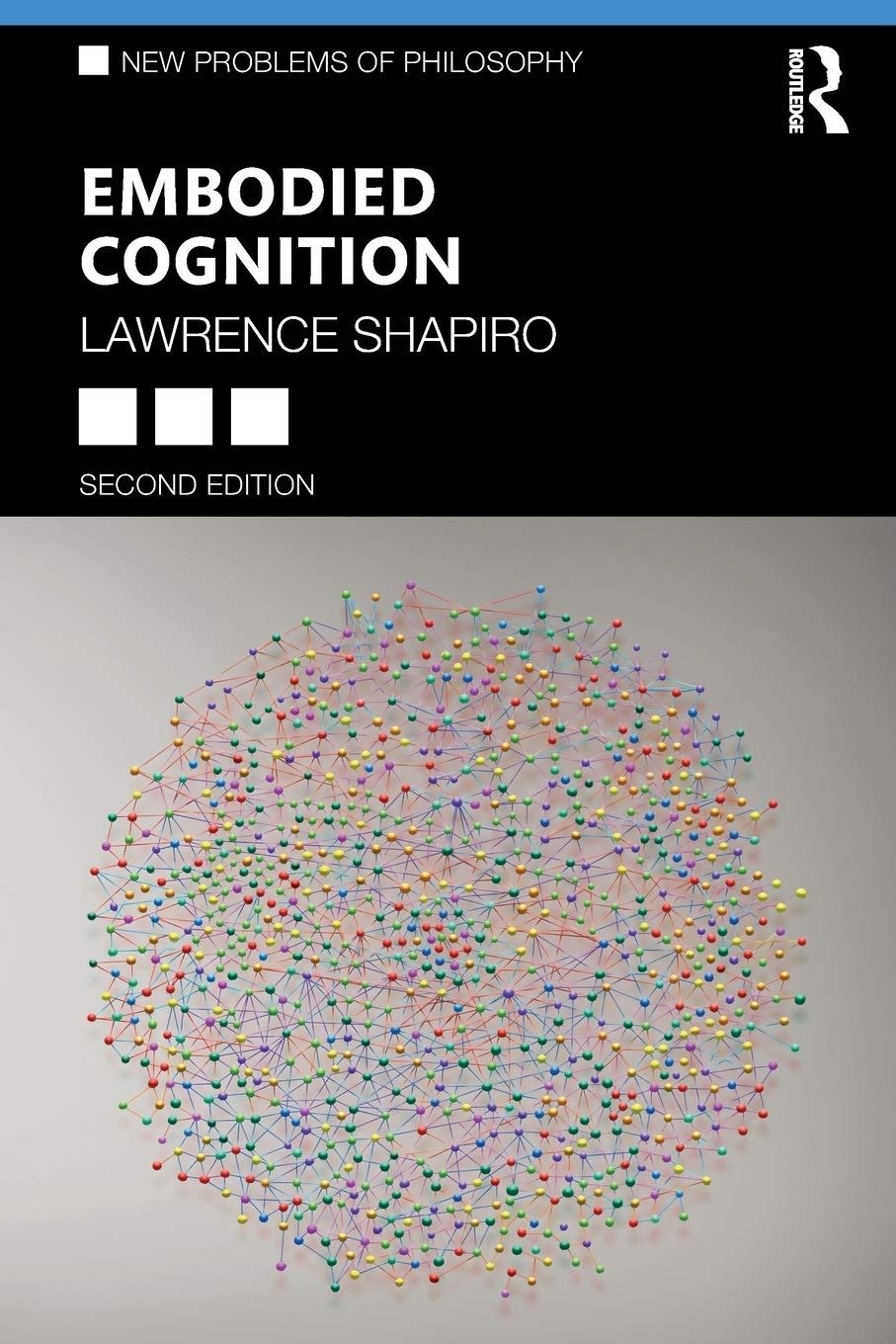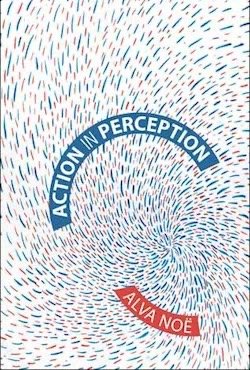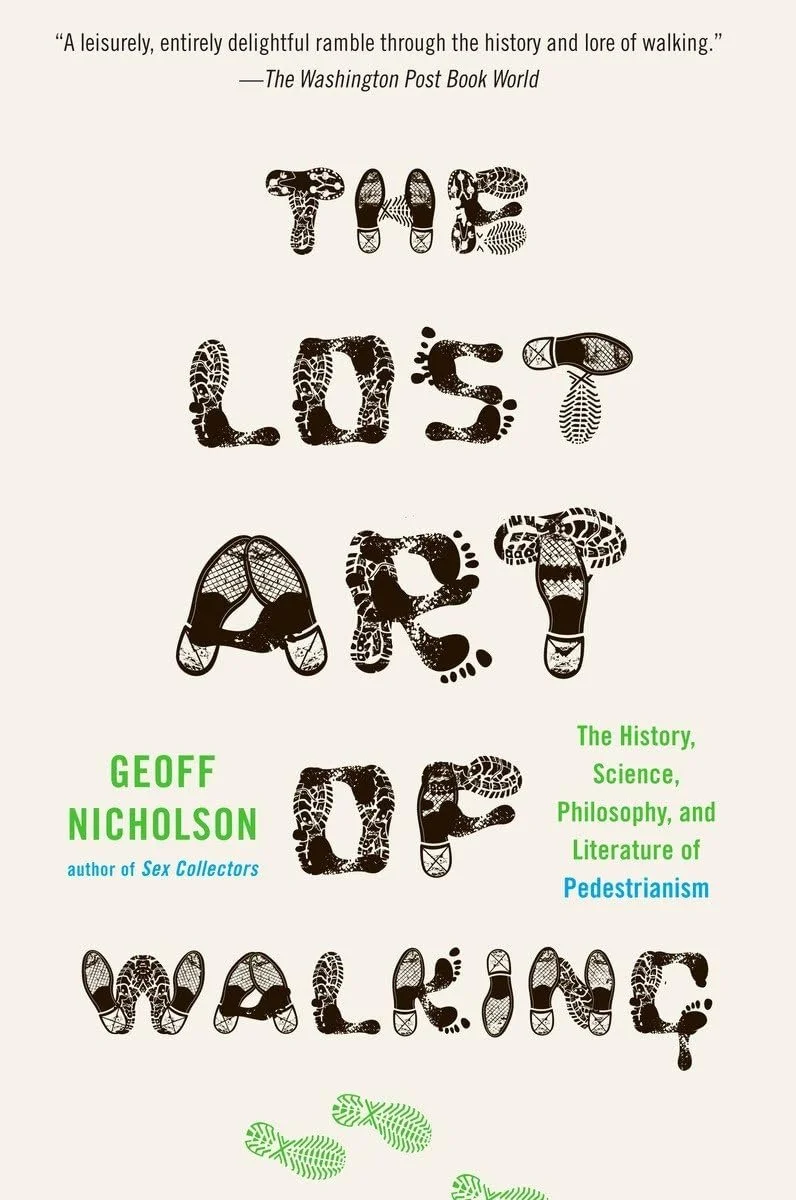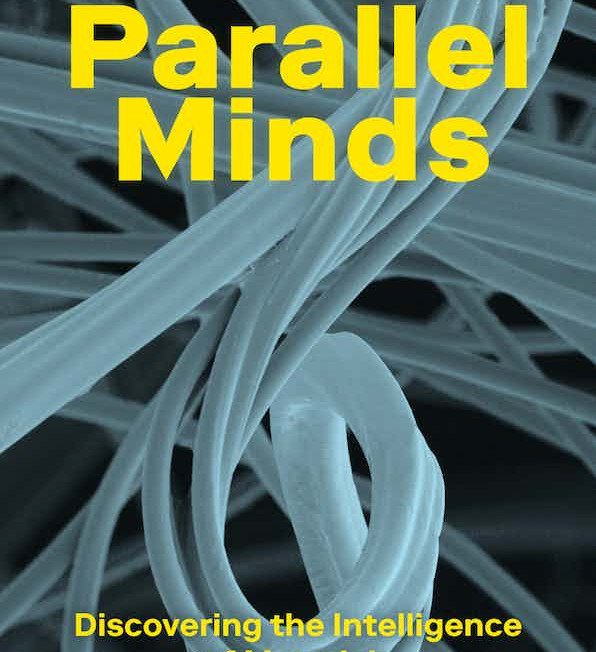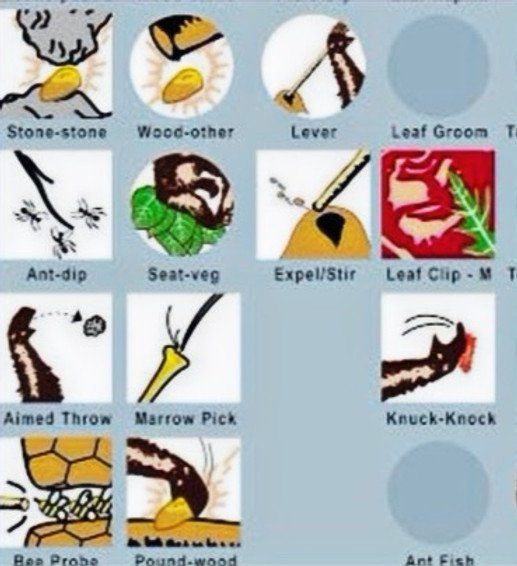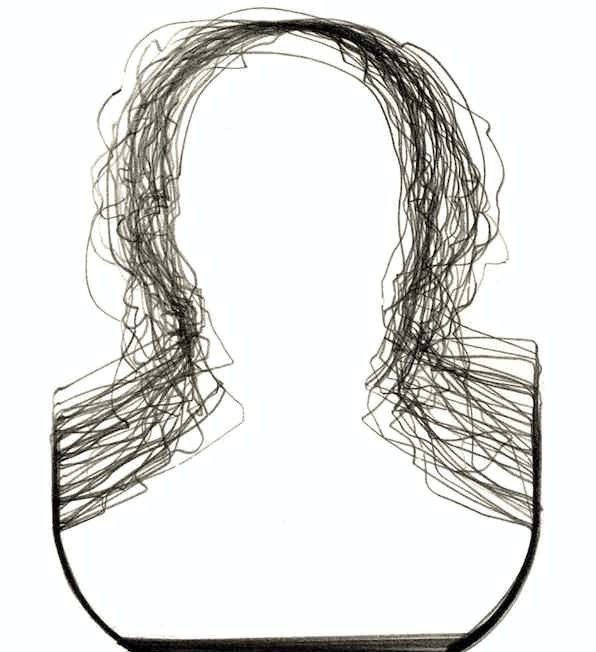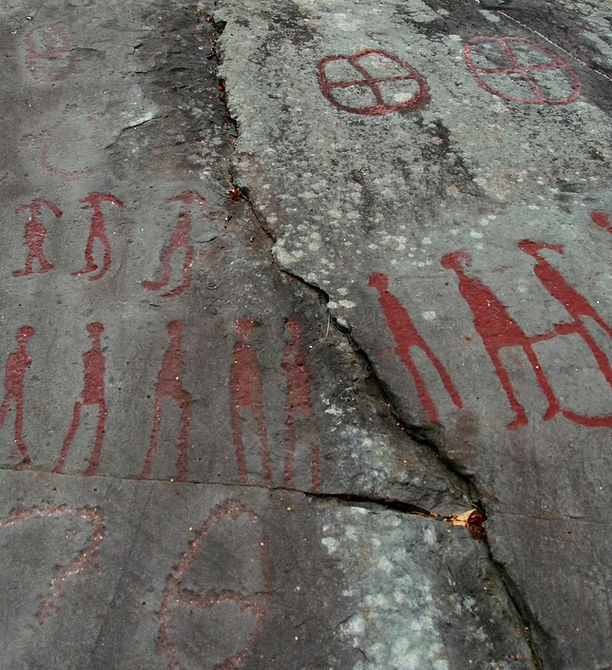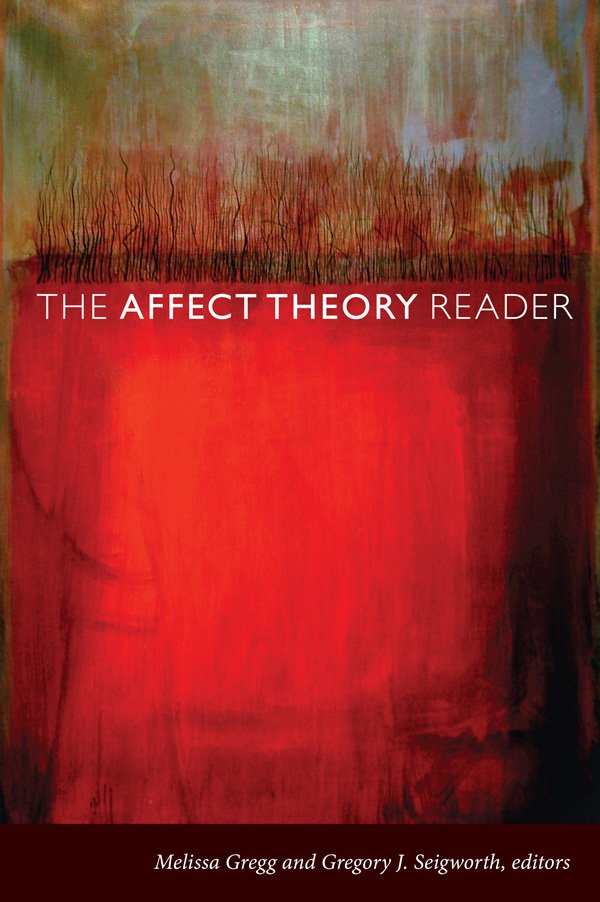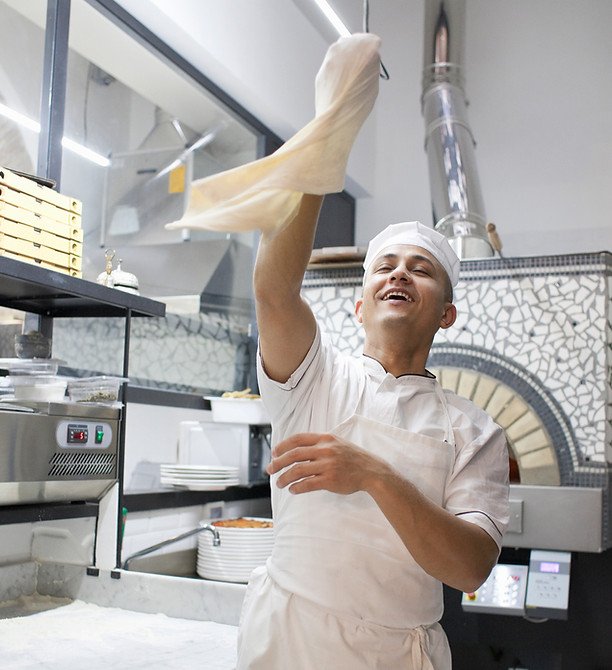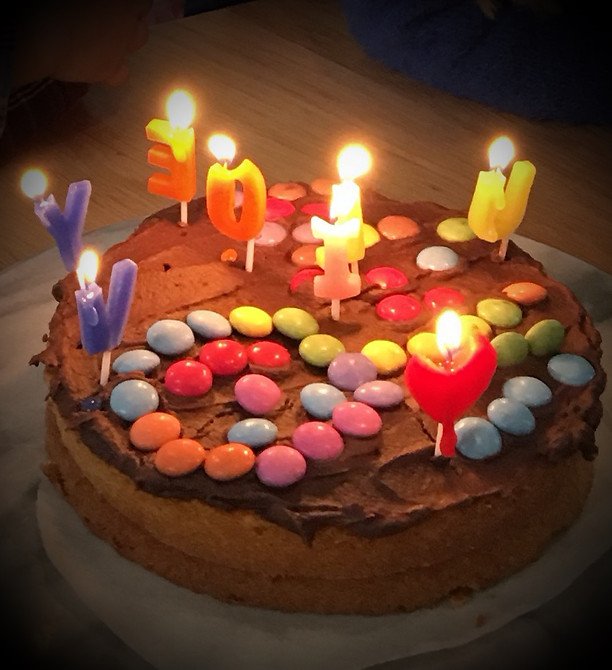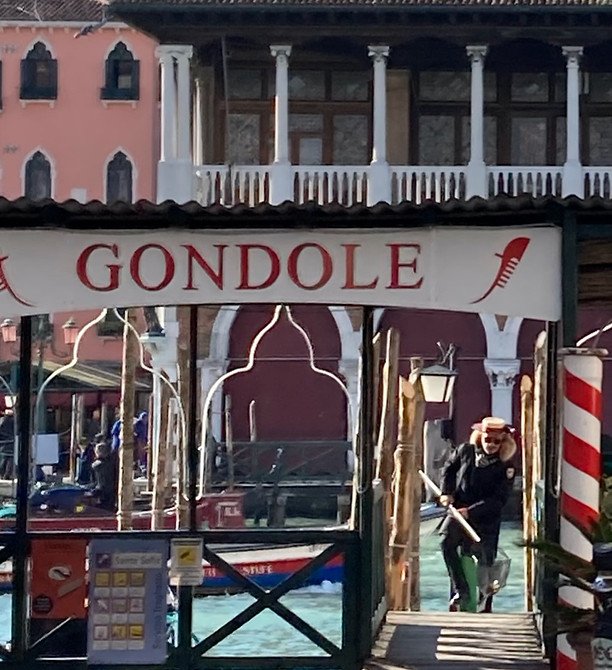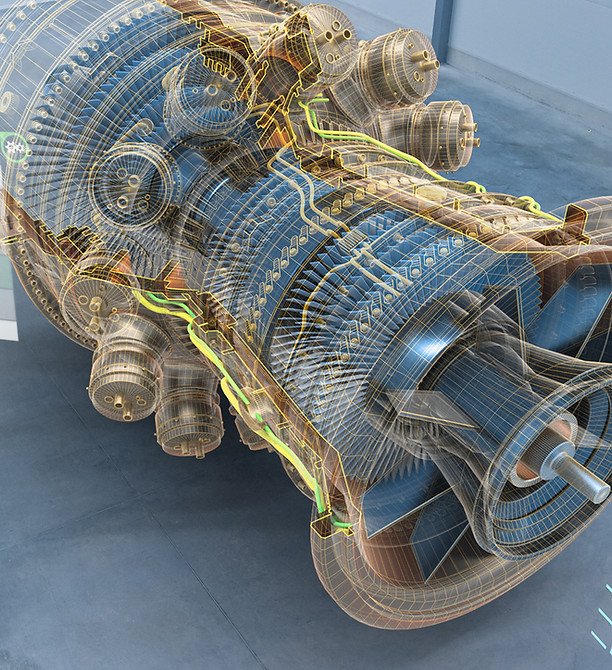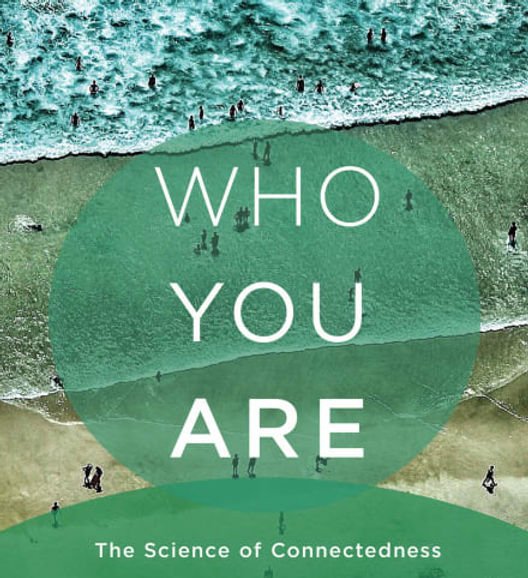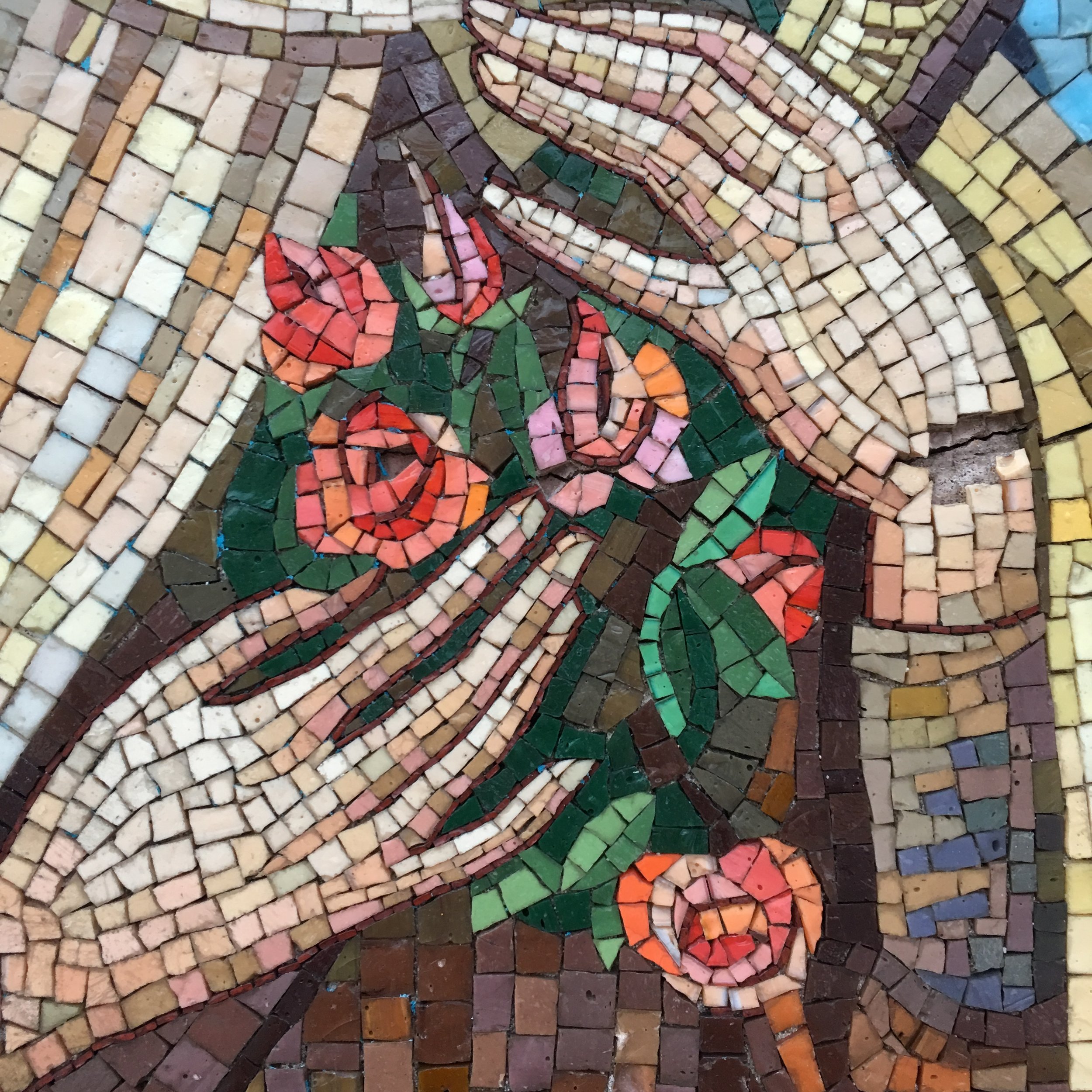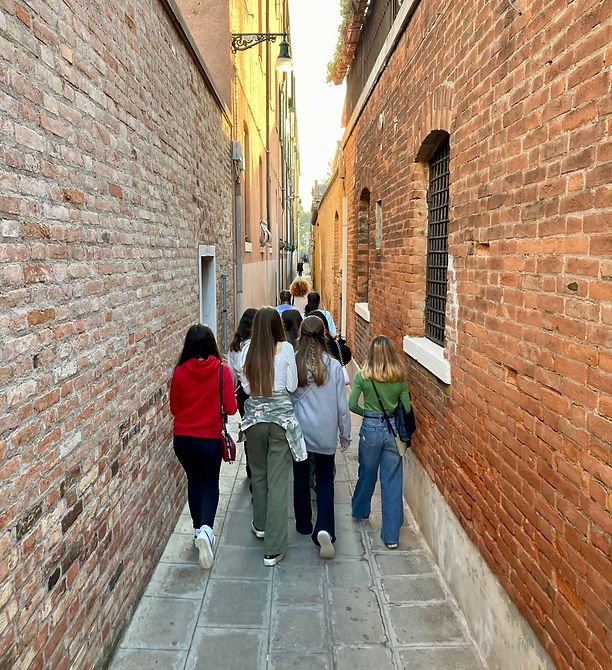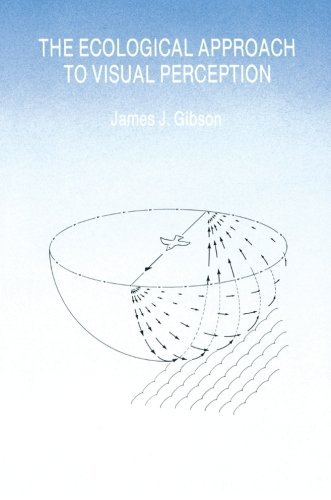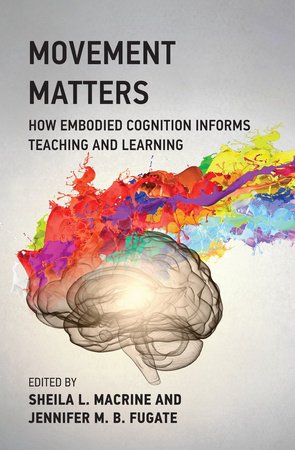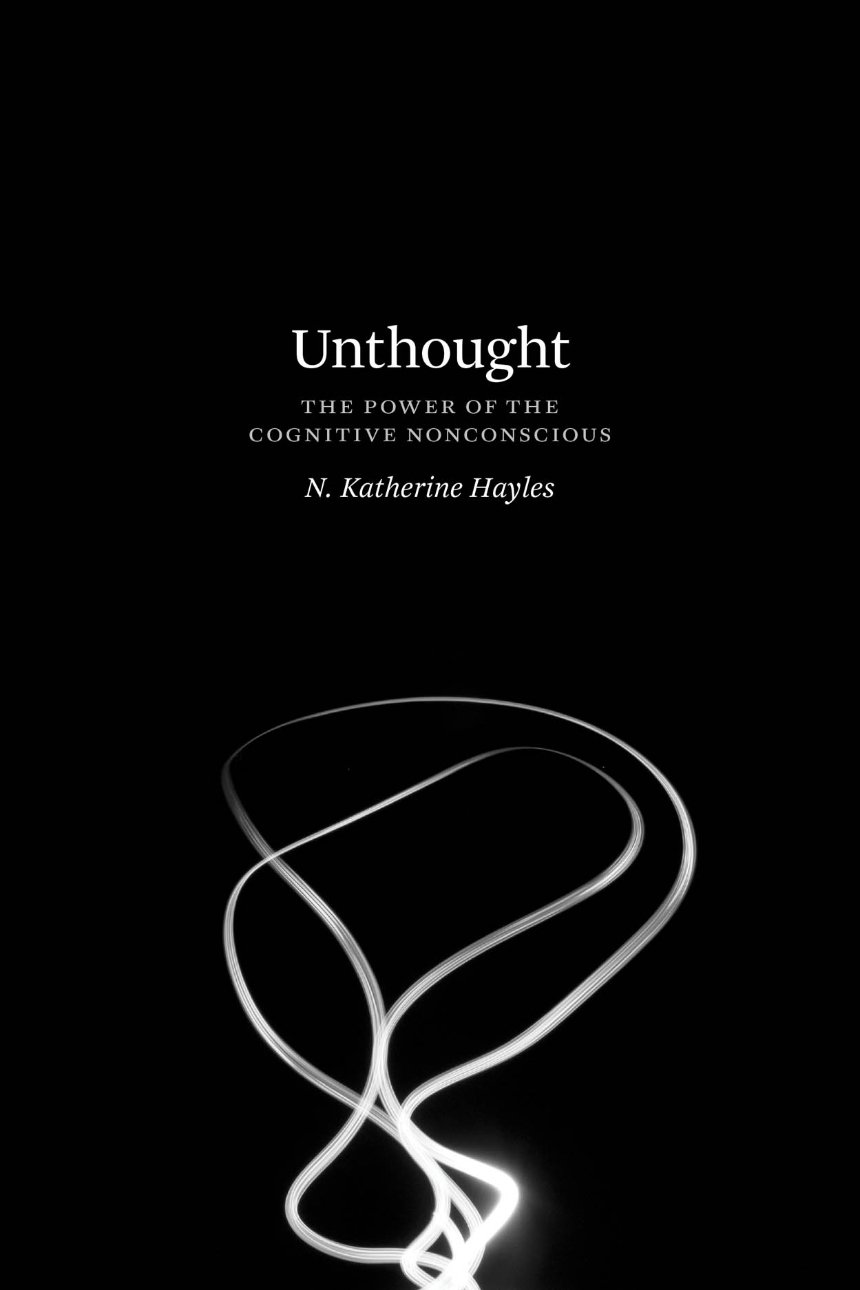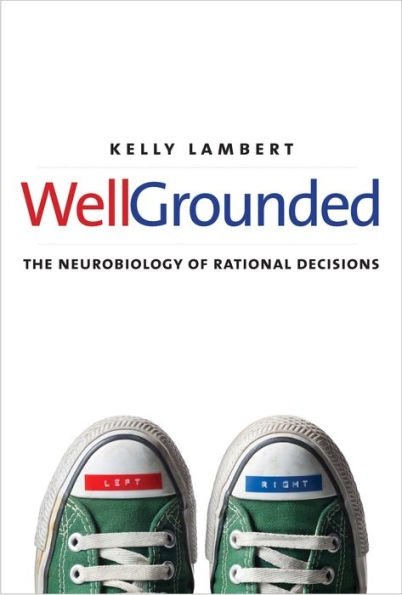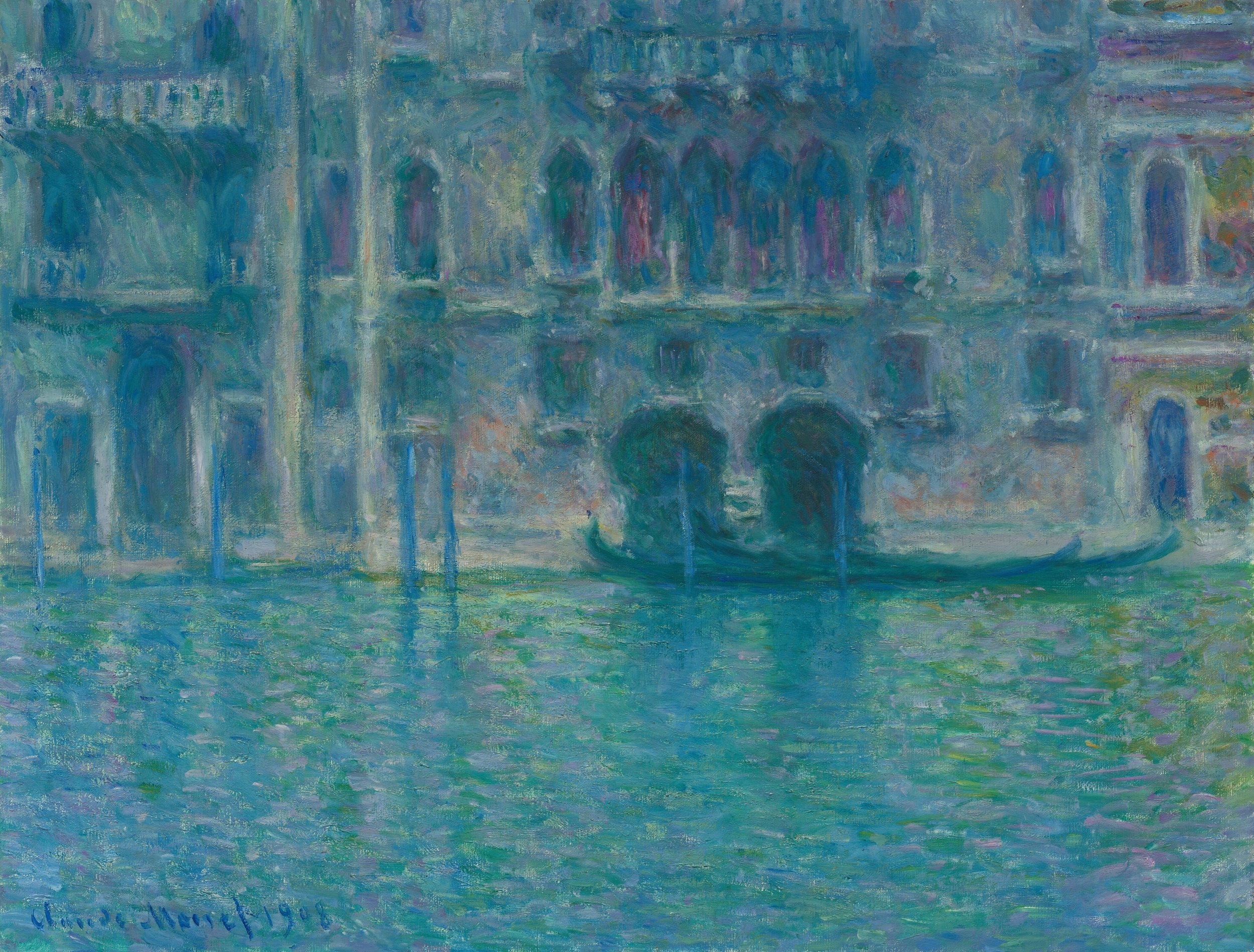
There is a future of possibilities we haven't yet dreamed of.
imagine a stone city built on water a thousand years ago.
MISSION
Give individuals time to maximise their potential, to see value in others and to problem solve in an age of universal simulation.
Begun as a response to the global mental health challenge, this program soon grew to include questions around lifespan development, lifelong learning, human displacement and institutional integrity. These all coexist with age old existential questions.
The most important connection remains with yourself.
IN/VEST YOURSELF
Technology has given us the opportunity to think more about quality of life. Algorithms, a new sense of scale and AI another dimension. While climate change is drawing us towards a sustainable society for everyone.
This conscious future-making, at the intersection of art, science and nature, is at the core of the Venetian Workshop.
For hundreds of years artists and intellectuals have profited from the freedom, time, space and support of residencies to focus full-time on their creative life.
Location is always part of the magic formula. Like Venice, a global centre of inspiration, collaboration and creativity.
The best way to predict the future is to invent it.” Alan Kay

‘Whether it was boats or money, medicine or face cream, opera, semicolons, tiramisu or child-labor laws, these all originated in Venice and have shaped contemporary notions of institutions and conventions ever since. The foundation of how we now think about community, health care, money, consumerism, and globalization all sprung forth from the Laguna Veneta.’
Inventing the World: Venice and the Transformation of Western Civilization, Meredith F. Small
BOOKSHELF
Are we greater than the sum of our parts? Are we science fiction? Or are we more basic than we’ve ever imagined? What do you already know about how you want to live in the future — physically, spatially, communally and aesthetically?
Susan Goldin-Meadow: gesture shapes our thoughts
Olivier Roy: living without common culture
Hans IJzerman: social thermoregulation
Andy Clark: extended mind & morphological computation
Arthur Glenberg et al: how does the mind work?
Meredith Small: Venice and invention
Maryanne Wolf: reading changes our brains
Brian Boyd: storytelling and evolution
James Nestor: breath can change everything
Daniel J Levitan: coevolution of music and the brain
John Basinger: memories are motor and sensory
Rebecca Fincher-Kiefer: the body shapes knowledge
Lawrence Shapiro overviews embodied cognition
Alva Noë: enacting our perceptual experience
Varela, Rosch, Thompson: spontenaiety and reflection
Temple Grandin: spatial and object visual thinkers describe without words
Geoff Nicholson: An author's view of pedestrianism
Laura Tripaldi : intelligence in the world at large
Temperature vs. crime, violence, anxiety & depression.
Nicholas A. Coles: Facial Feedback and emotion
Whiten et al: our common ancestry with cultural behaviours in chimps
Gerard J. Puccio: creativity as an enduring survival skill
Eleanor Macguire: spatial memory
Kirchloff and Kiverstein: is brain activity cause and affect
Exercise brain
Anthony P. Chemero: agent -environment dynamics
Dennis Dutton: art is in our nature
Mayo Clinic: laughter induces physical changes
Gregg & Seigworth (eds). forces other than conscious knowing that can serve to drive us.
Daniel Casasanto: diversity in the mind
Ethan Mollick: think together with an alien mind
Process learning and innovation
Ian Tattersall: creativity gene sets us apart
Salvatore Settis: How cultures forget themselves
Lera Boroditsky: language shapes thought
Inspiration is creative thought Innovation is creative ingenuity
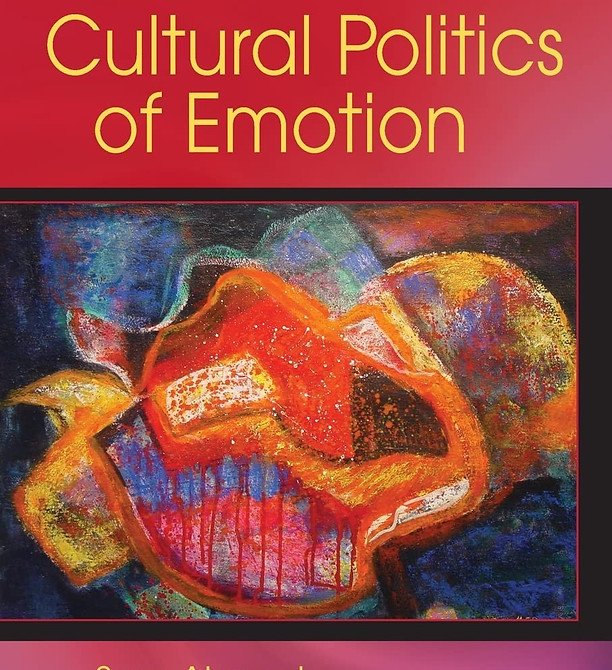
Sara Ahmed: emotions, language, and bodies.
Michael J. Spivey: brain, body and environment
Meredith L. Rowe: vocabulary development and gesture

Marily Oppezzo: walking increases creativity
Amy Cuddy: body language
JJ Gibson: perception is directly acquired not interpreted by the brain
Macrine & Fugate (ed). Classroom applications of movement and learning
N. Katherine Hayles: human and technical actors in cognition
Kelly Lambert: Navigating uncertainty and effort driven reward.
Joseph Heinrich: culture and institutional power


